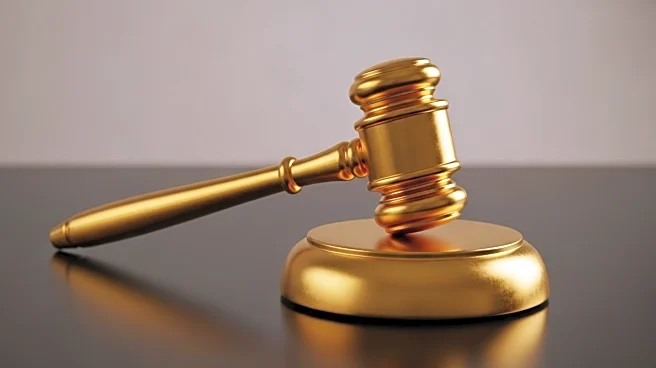What is the story about?
What's Happening?
The Supreme Court has upheld a $1.4 billion defamation judgment against Alex Jones, rejecting his appeal related to his claims that the Sandy Hook Elementary School shooting was staged. The judgment was awarded to the families of the victims, who argued that Jones's statements caused significant emotional distress and led to harassment. Jones had argued that the judgment violated his free speech rights, but the Supreme Court's decision leaves the financial penalty intact. This ruling is a significant legal affirmation of the consequences of spreading false and harmful information.
Why It's Important?
The Supreme Court's decision reinforces the accountability of public figures for their statements, particularly when they cause harm. It highlights the limits of free speech protections when speech results in defamation and emotional distress. The ruling serves as a precedent for future cases involving misinformation and defamation, potentially influencing how courts handle similar claims. It also impacts the media landscape, emphasizing the importance of responsible reporting and the potential legal repercussions of spreading false narratives.
What's Next?
Jones may continue to seek legal remedies to reduce the financial impact of the judgment, including appeals in other jurisdictions. The enforcement of the judgment could lead to the liquidation of Jones's assets, affecting his business operations and financial status. The case may prompt broader discussions about the regulation of speech on media platforms, with potential calls for stricter guidelines to prevent the dissemination of harmful misinformation. Legal experts and advocacy groups may use this case to advocate for reforms in defamation law and media accountability.
















